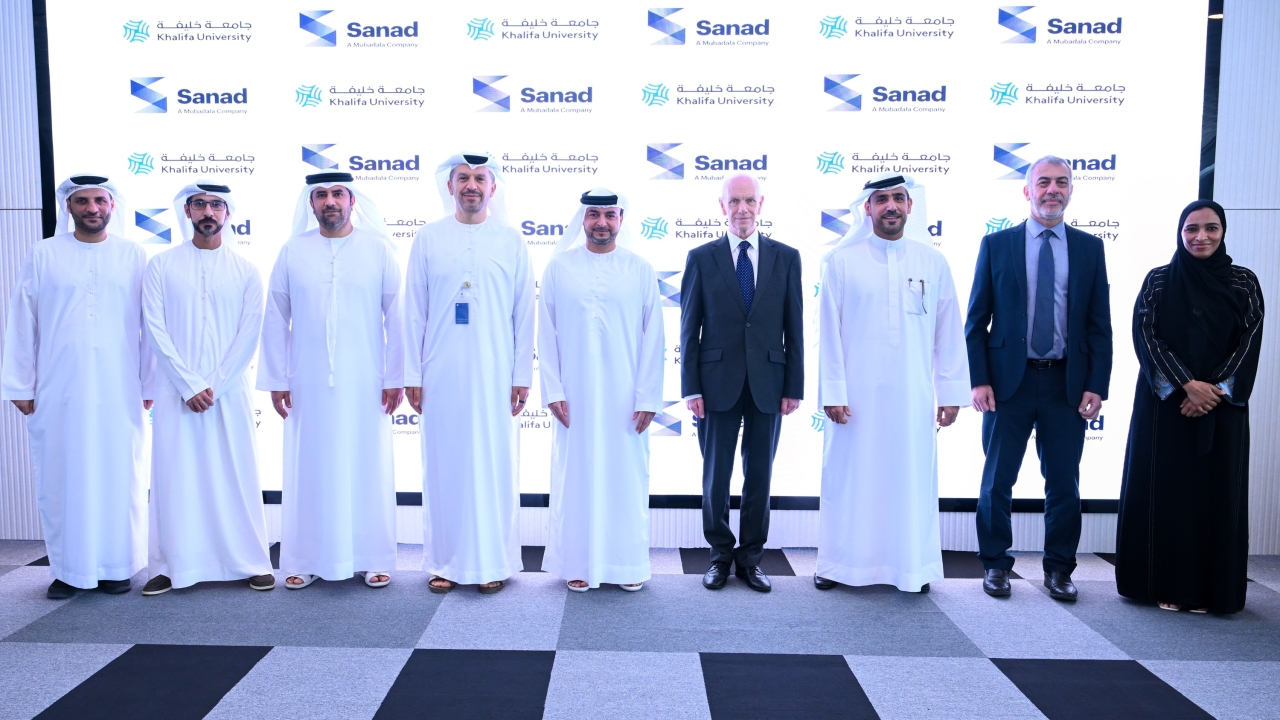Morocco presses the accelerator
Morocco’s industrial acceleration plan (PAI) has been supporting the development of training in the kingdom’s aeronautics industry for some years and this initiative appears now to be bearing fruit as the sector recorded 20% organic growth in 2017.

Exports in 2018 were also up by 13.8%.
The plan aims to double export turnover in the aeronautics sector to reach $2 billion within five years.
Four eco-parks were launched under PAI – covering assembly, electrical wiring harness systems (EWIS), MRO and engineering – and this has attracted new operators (Hexcel, Daher and Thyssenkrupp Materials Services) and introduced new technologies like composites and 3D printing.
According to Karim Cheikh, president of the Moroccan Aerospace Industries Association (GIMAS), the challenges are ongoing in a sector that demands continuous improvement. He believes that training is the key enabler helping Morocco to keep pace with the global aerospace industry.
As he said, the availability and quality of excellent human resources are the foundations of both development and competitiveness in the industry. So the country’s Institute of Aeronautical Trades (IMA) was one of the first training centres created in 2011.
Driven by GIMAS, IMA started training in EWIS, and an extension to IMA has doubled its capacity. Since 2018, the centre has offered additional training courses, including aircraft painting, welding, electronics, fitting/assembly and composite repairs.
The Specialised Institute of Aeronautics and Airport Logistics (ISMALA) came into being in 2013 and it can house around 2,000 trainees. Training courses are offered in sectors such as aeronautical maintenance (MRO), mechatronics, computer-controlled machining, surface treatment, fitting and mounting of aircraft cells, aeronautical structures, composite materials and airport logistics.
Stay up to date
Subscribe to the free Times Aerospace newsletter and receive the latest content every week. We'll never share your email address.

